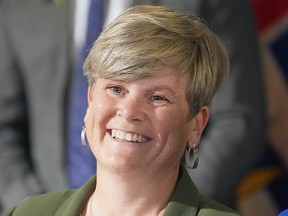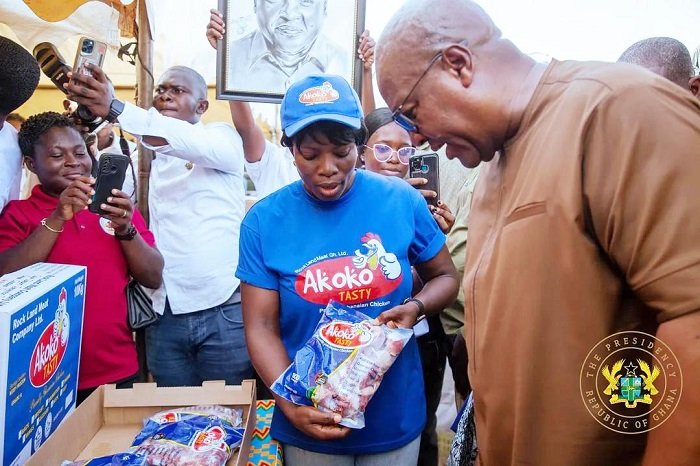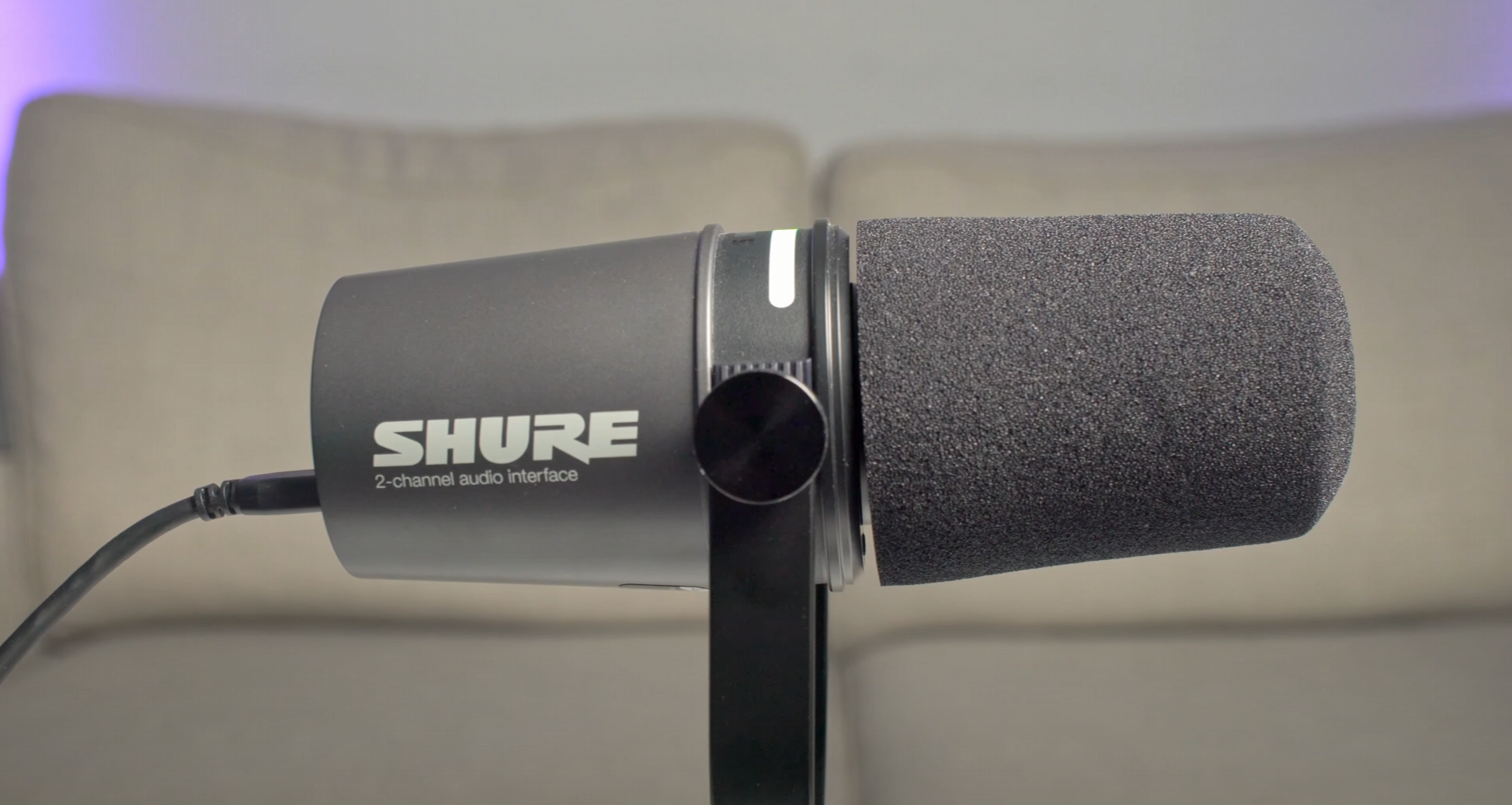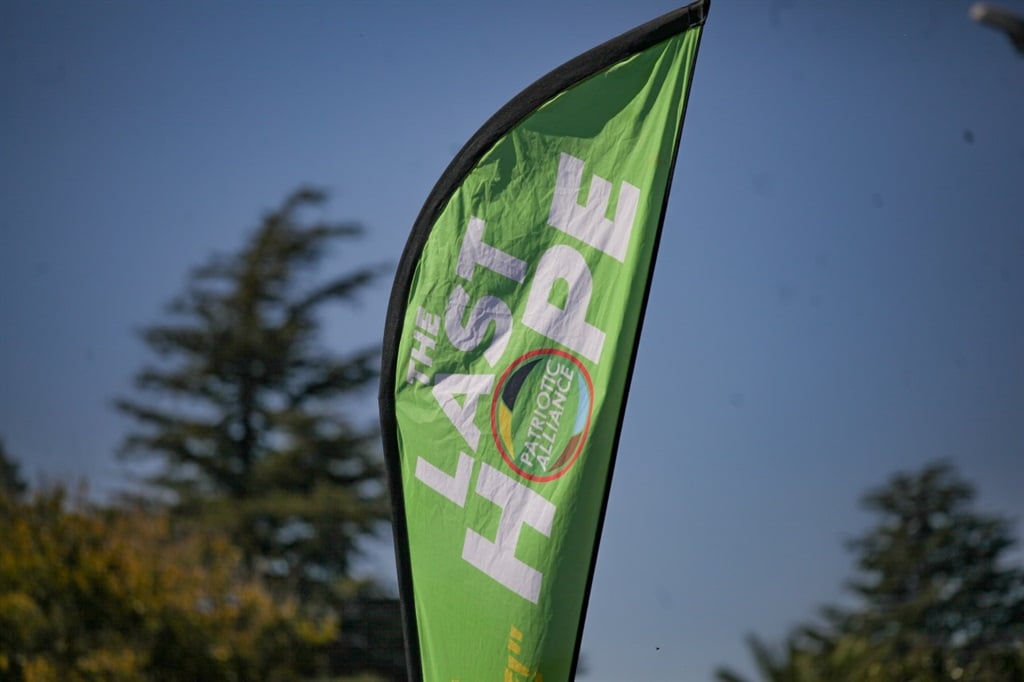The Nanaimo native is looking to bring a small-town perspective to her new file as rural B.C. struggles with access to emergency care.

Article content
In the corner of Josie Osborne’s wood-panelled office at the B.C. legislature is a well-worn copy of the popular resource and trading board game Settlers of Catan.
During moments of calm or at the end of a long week, the minister likes to gather staff together for a game to unwind.
Opportunities for fun may be few and far between in the coming months, however, as Premier David Eby has handed Osborne the difficult job of leading the provincial Ministry of Health.
Advertisement 2
Article content
Lording over 40 per cent of the provincial budget and thousands of civil servants, the ministry has been run for the last seven years by Adrian Dix. Despite his encyclopedic knowledge of facts and figures of B.C.’s health-care system, Dix struggled to find solutions for the many crises facing the ministry, including a lack of family doctors and emergency room closures across the north and Interior.
Osborne is hoping that her seven-year stint as the mayor of Tofino, the surfing and storm-watching resort community, will help her bring a small-town perspective to her new role.
She also touted her background in marine biology, which brought her to Tofino in 1998 through a job with the Nuu-chah-nulth Tribal Council. That eventually parlayed into an appointment as mayor in 2013 after the incumbent resigned.
“It has helped shape my understanding of the world and how to deal with big amounts of information, and how to be curious and ask a lot of questions, and think about systems. An ecological system and a health-care system, there’s a lot of different layers to it, and understanding how the pieces all work together,” Osborne told Postmedia in an interview.
Article content
Advertisement 3
Article content
“But really what my time on the west coast has brought me is the deep understanding of small communities, rural communities, and what it is like to collaborate with people and work together, particularly during tough times.”
The solutions Osborne is proposing so far appear much like those put forward by her predecessor, with the main focus being on hiring more doctors, nurses and other health-care professionals.
She acknowledged the challenge posed by ER closures, particularly in rural communities where many already struggle with access to care, although there is no timeline for ending these closures.
Dix liked to tout that over 800 new family doctors joined the system after the NDP’s new payment model came into effect in February 2023. The government has also said that more than 3,000 physicians of all types have joined the system since the NDP entered government in 2017.
Despite this, the B.C. College of Family Physicians says that 40 per cent of family doctors plan to retire or reduce their hours within the next five years. This puts at risk the NDP’s promise to connect everyone on the Health Connect Registry with a family doctor by 2026.
Advertisement 4
Article content
Having a former small-town mayor as health minister is a good idea, said B.C. Conservative health critic Anna Kindy.
At the same time, Kindy said, the number of challenges the province’s health-care system faces are many, from the obvious shortage of physicians to a lack of data around waiting times for specialized equipment such as pacemakers.
“We need to make sure we don’t play politics. And what I mean by that is, this isn’t about scoring points. It’s about making changes that people need now,” said Kindy.
“There needs to be planning and not just band-aid solutions. Where do we want to be in a year, five years and 10 years? And that’s what’s been lacking in this government.”
Osborne grew up in Nanaimo and graduated from UBC with a degree in marine biology before heading to Simon Fraser University for a master’s degree in resource management.
She has been married to George Patterson since 2002 and the pair owned the Tofino Botanical Gardens until 2021, when it was sold to the MakeWay Charitable Society for $2.3 million.
That sale led to conflict of interest allegations against Osborne after the Ministry of Water, Land and Resource Stewardship, which she led at the time, gave MakeWay a $15 million stewardship grant.
Advertisement 5
Article content
The NDP insisted the decision was made by the Ministry of Environment and Climate Change Strategy and Osborne had nothing to do with it. She was later cleared by the the conflict of interest commissioner.
Osborne said she walks five kilometres every morning, would be in a community choir if she had the time, and is a Star Trek junkie just like late former premier John Horgan.
She also was a vegan until developing a vitamin B12 deficiency a few years ago, forcing her to reintroduce seafood into her diet.
Tofino Mayor Dan Law, who has known Osborne for 25 years, said he believes Osborne’s biggest strengths are her ability to listen and her accessibility.
He pointed to the sinking of the Leviathan II whale-watching boat in 2015 off the coast of Tofino, which killed six people. Osborne hosted the survivors at her house, many of whom were international, until they could return home.
“What stands out about Josie is she is very humble and an excellent listener. She goes into each challenge without any ego,” said Law.
Judith Sayers, Nuu-chah-nulth Tribal Council president, added that Osborne’s decade working as a marine biologist for the council gives her a good perspective of the issues they face, particularly around the toxic drug crisis.
Advertisement 6
Article content
Sayers said she doesn’t always get what she wants from the provincial government, but appreciates the fact that Osborne always responds quickly when she reaches out.
“They did away with the Mental Health and Addictions Ministry, so she’s carrying a really, really big burden. I’m hoping that her staff can support her and work with Nuu-chah-nulth, because we’re over-represented in the number of deaths over mental health and toxic drugs,” she said.
“I’m hoping we’ll get more action than the last minister. They’ve been providing services, but we really need resources to develop our own solutions driven by Nuu-chah-nulth people.”
alazenby@postmedia.com
Recommended from Editorial
Article content




















Discussion about this post